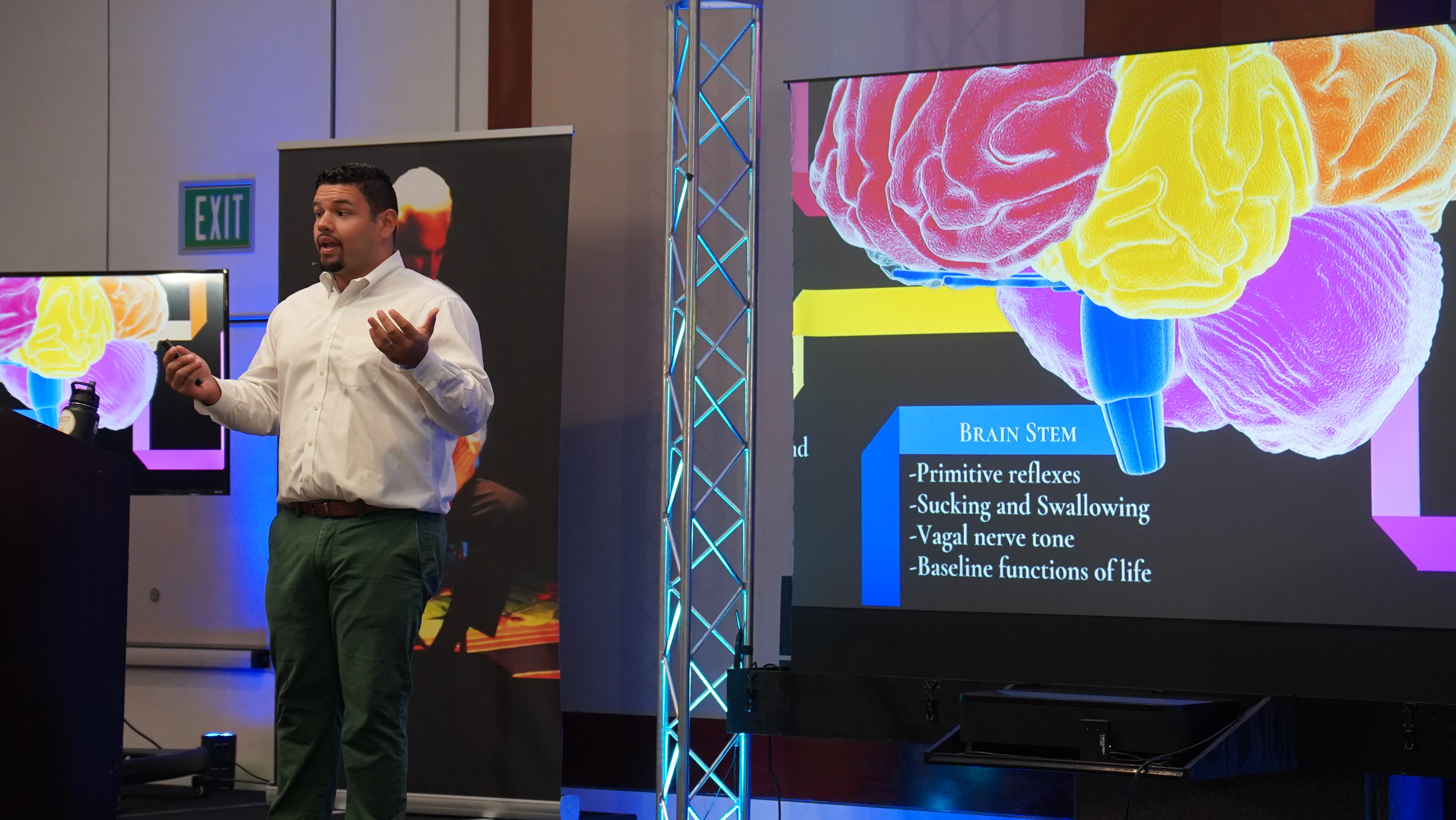

Prevention vs. Early Detection: A Life-Changing Perspective On Health
There is a huge difference between prevention and early detection. When I first heard this statement, it shook me. It revolutionized everything I thought I knew about health care.
When I was 10, my grandmother was diagnosed with breast cancer. For years, she had undergone mammograms as a proactive form of health care. Yet, for years, those tests showed nothing. Then one day, they did. By the time the mammogram showed activity, my grandmother already had breast cancer.
Almost daily, I hear my mentor’s voice saying, "There is a huge difference between prevention and early detection." For my grandmother, this difference meant missing out on the later years of her life. Instead of enjoying her grandkids and great-grandkids, she spent years surviving on the couch while my grandfather had to help her with everything. Her body wasted away as the disease progressed.
The Problem with Early Detection
Medicine’s primary focus is on disease. The field excels at studying diseases and finding ways to curtail their effects. However, early detection is not prevention.
Even medicine acknowledges the problem of waiting for symptoms to appear, which is why routine physicals and screenings like mammograms, colonoscopies, and rectal exams are recommended once you reach a certain age. While these tests are important, they are still forms of early detection. These tests cannot find a problem until it already exists—exactly what happened with my grandmother.
Prevention: A Different Approach
In our office, we emphasize building health rather than simply treating disease. We believe in supporting your body to do what it was designed to do: build health over time. The human body is designed to thrive for 120 years without symptoms, but the stress of modern life often gets in the way.
This is why we prioritize checking for the effects of stress on your nervous system. Chiropractic care increases your body’s adaptability to stress, helping you stay resilient over time. Rather than waiting for problems to arise, our approach focuses on proactively building health.
Chiropractic Care: Salutogenic, Not Pathogenic
At its best, chiropractic care is salutogenic (promoting health), as opposed to pathogenic (focusing on disease). Think about this in other areas of life: If you want to succeed, you study what successful people do and replicate their habits. Similarly, healthy people build health daily. They treat it as a constant journey, not a destination.
The Science of Prevention
Recent research supports this philosophy. A study on Huntington’s disease revealed that changes in the brain occur decades before symptoms begin. While this specific study focuses on a single condition, the findings align with what we see across all diseases. Outside of trauma, people don’t just wake up with diabetes, asthma, or other chronic conditions. These issues develop over years of stress and imbalance.
This is why prevention must be a daily practice. Regular chiropractic care, a nourishing diet, exercise, stress management, and overall healthy habits are critical tools for building resilience and maintaining long-term health.
My "I Wish" Moment
I wish someone had told my grandparents that prevention is better than early detection. This realization fuels my passion to share and teach others about prioritizing health. My grandmother’s story doesn’t have to be yours.
So, let’s shift the narrative. Let’s prioritize building health over just treating sickness and disease. The choice you make today can profoundly impact the years ahead—for you and your family.
Ready to Take the First Step?
Are you ready to prioritize prevention and take control of your health journey? Schedule a consultation with us to learn how chiropractic care can help you build resilience, improve adaptability, and live a healthier, fuller life. Don’t wait for symptoms to show up—start building your health today!
